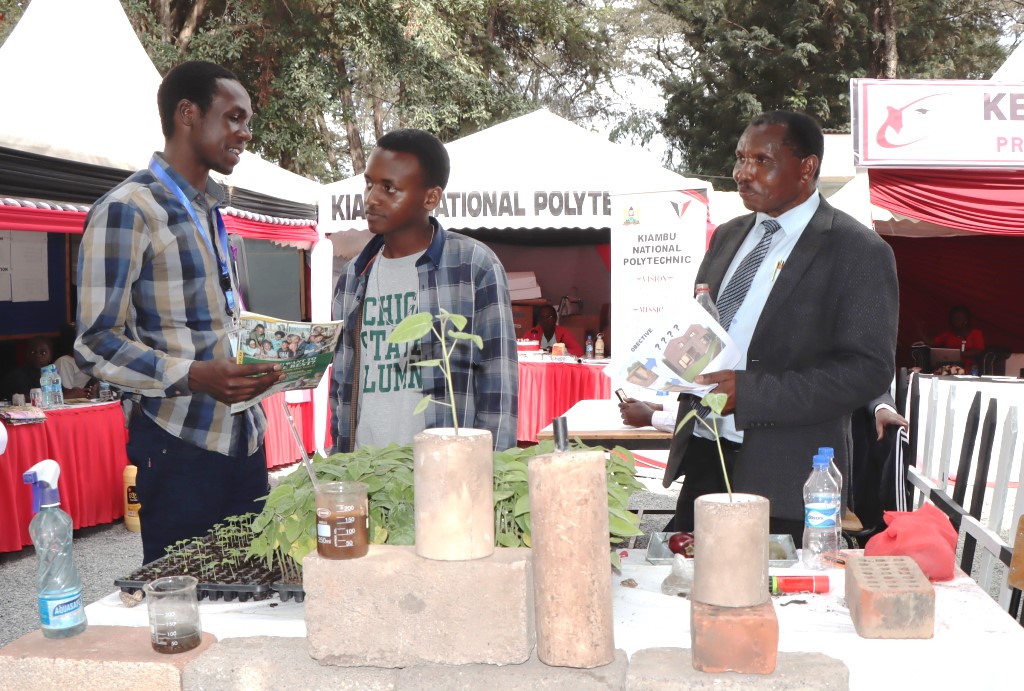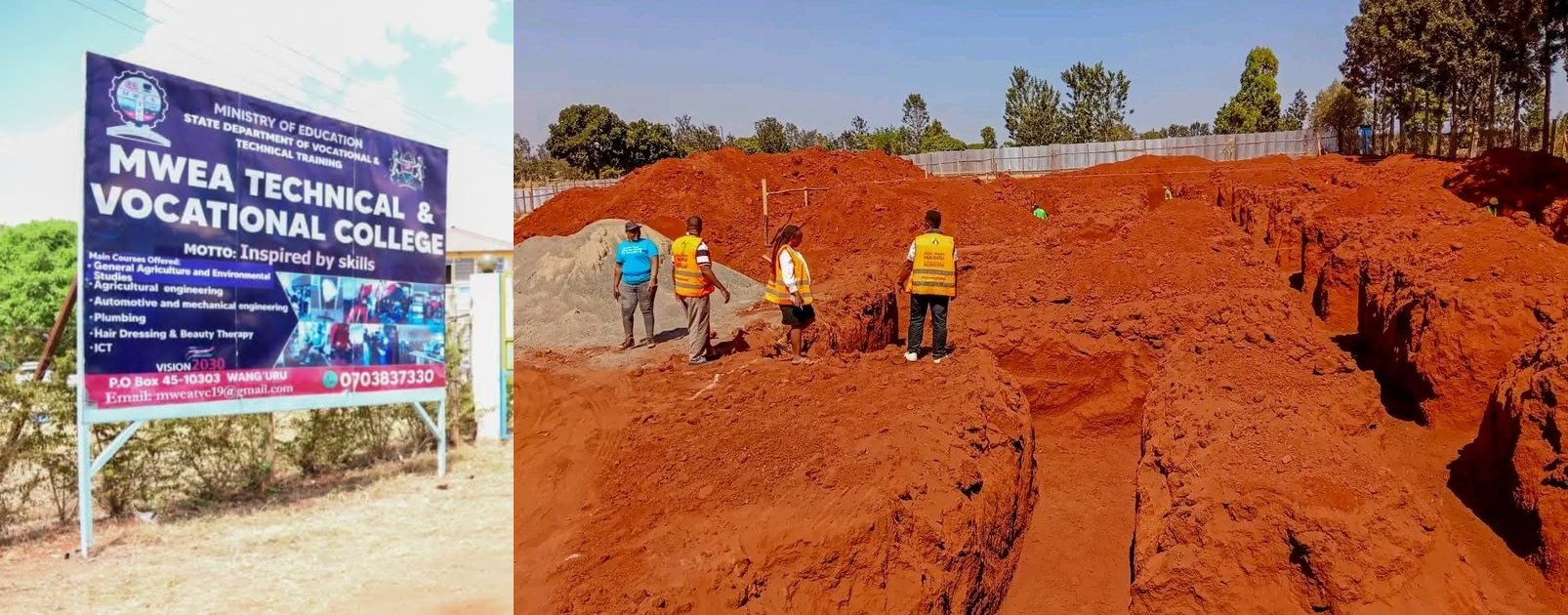A Lecturer from Kiambu National Polytechnic has invented a system that converts cotton soil to building blocks that can be used in the construction of modern houses.
Speaking while displaying his innovation during the ongoing Nairobi International Trade Fair 2023 at Jamhuri Park Showground, Dr. James Mwangi, the don and innovator, explained that Cotton soil is converted to sand through the oxidation process under high temperature and is mixed with cement to make blocks that are ready to use for construction after two days.
Dr. Mwangi noted that if the project, tagged under the Smart Agriculture and Sustainable Economic Growth category, is implemented it will assist in the elimination of poverty and protect the environment as well.
In addition, Mary Nyaboke, a third-year student studying Industrial Mechatronics at the institution has invented an automated bottling unit that is intended to facilitate the packaging of water, soft drinks and beverages.
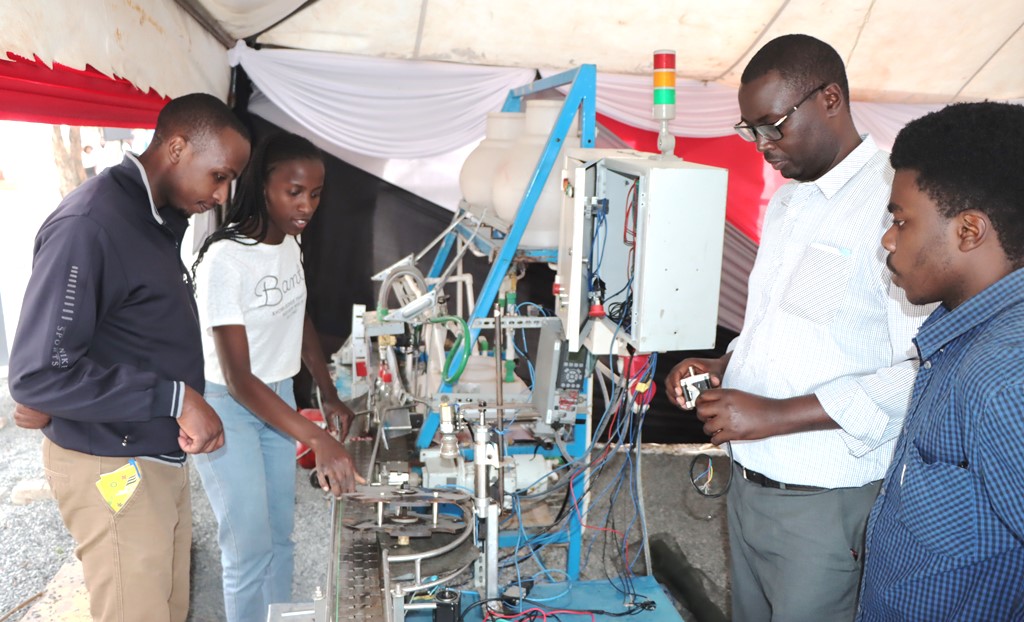
Cynthia Ronana, who is studying Applied Biology, displayed a multilayer filter that is to be used to treat wastewater from the kitchen for use in irrigation, sanitation and other domestic purposes.
Also on exhibition was a Main Control Unit that could be used by power suppliers when maintaining power phases; honey-based jam cakes made by students from the Baking Technology Department, beads and cloth designs from the Hospitality Department, and a sample modern Jaguar car showroom from Architecture students.
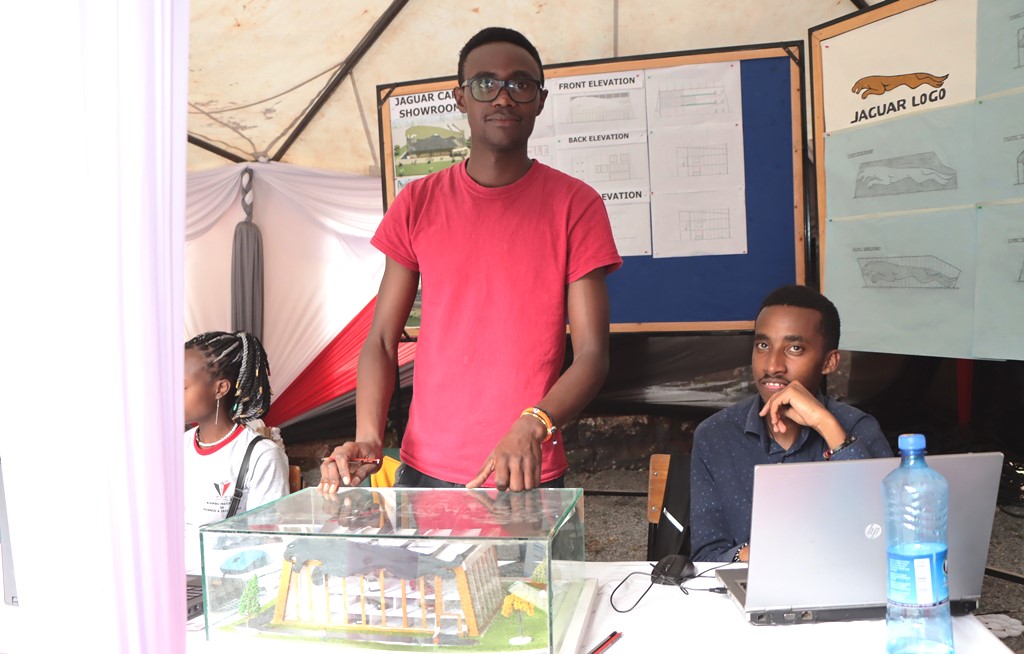
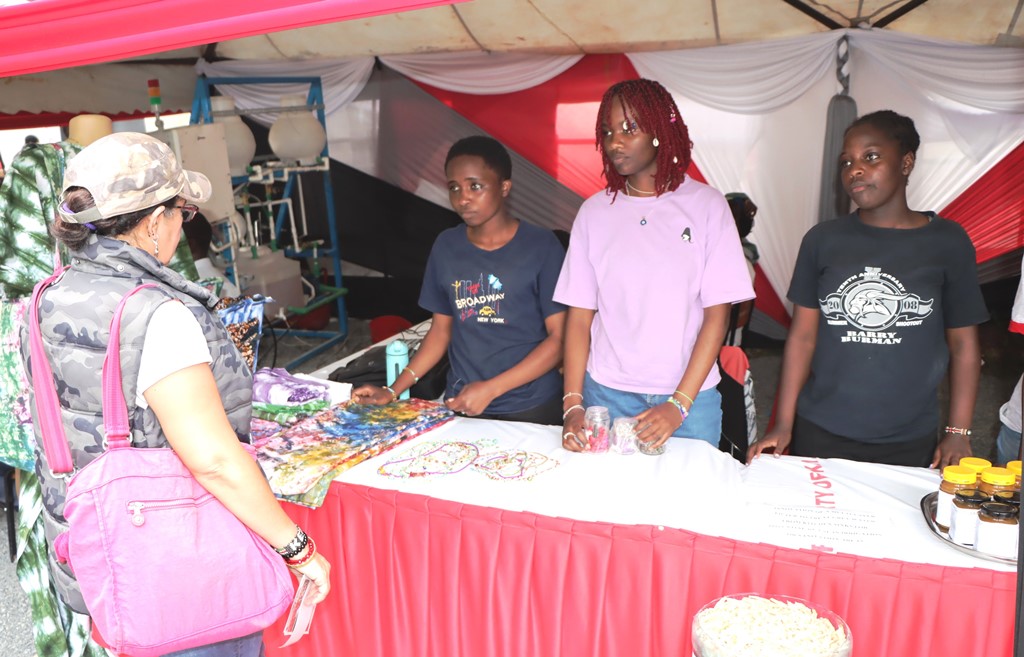
The Trade Fair, which kicked off on September 25 and will end on October 1, has attracted 500 global exhibitors from the Agriculture, Banking, Public and Private Sector Institutions, Housing, Manufacturing, SMEs, Education and Hospitality sectors.
By Obegi Malack
Get more stories from our website: Education News
To write to us or offer feedback, you can reach us at: editor@educationnews.co.ke
You can also follow our social media pages on Twitter: Education News KE and Facebook: Education News Newspaper for timely updates.
>>> Click here to stay up-to-date with trending regional stories


